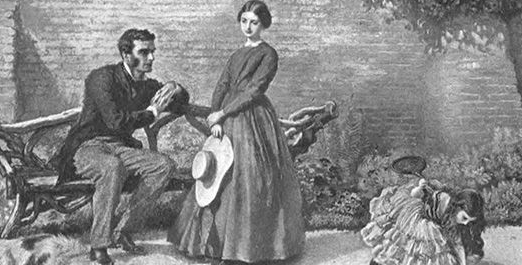Jane Eyre and the Victorian Ideal of Duty
The novel “Jane Eyre,” written by Charlotte Brontë, explores various themes that resonate deeply with the Victorian ideal of duty. In an era marked by strict social codes and moral expectations, understanding how Brontë portrays duty through her protagonist provides valuable insights into the constraints and aspirations of women during the 19th century.
The Role of Duty in Jane Eyre’s Life
Duty plays a crucial role in shaping Jane Eyre’s character. From her early years as an orphan living with her cruel aunt, to her position as a governess, Jane’s life is framed by a sense of obligation. Despite her hardships, she upholds her responsibilities with dignity and strength. Brontë cleverly illustrates how duty can serve as both a burden and a source of empowerment. Jane’s commitment to her own moral principles often leads her toward self-discovery, highlighting that fulfilling one’s duty can also pave the way for personal growth and independence.
Social Class and Duty
In Victorian society, social class heavily influenced one’s sense of duty. The upper classes had the responsibility to maintain their status and fulfill their societal roles, while the lower classes were often bound to serve. Jane, as a governess, occupies a liminal space between these classes. Her interactions with characters like Mr. Rochester and Miss Ingram expose the complexities of duty: while she is expected to serve, her intelligence and resilience challenge class boundaries. Through her experiences, Brontë critiques the rigid class structures of her time, suggesting that true duty transcends social expectations.
Gender and Duty in the Victorian Era
The Victorian ideal of duty also intersects with gender norms. Women were often expected to prioritize family and home above all else. Jane’s journey defies these traditional roles as she asserts her right to love and autonomy. Brontë presents duty not merely as adherence to societal norms but as a dynamic interplay between personal desires and obligations. Jane’s refusal to compromise her values for the sake of societal acceptance speaks to the emerging feminist sentiments of the era, making her character both revolutionary and relatable.
Conclusion
Charlotte Brontë’s “Jane Eyre” serves as a powerful exploration of the Victorian ideal of duty, particularly through the lenses of class and gender. By examining Jane’s experiences, readers gain a deeper understanding of the struggles and triumphs faced by women in the 19th century. Whether you’re a first-time reader or revisiting the novel, consider how the concept of duty continues to resonate in our lives today. Engaging with such themes not only enriches our appreciation of classic literature but also encourages reflection on our own responsibilities and values.
